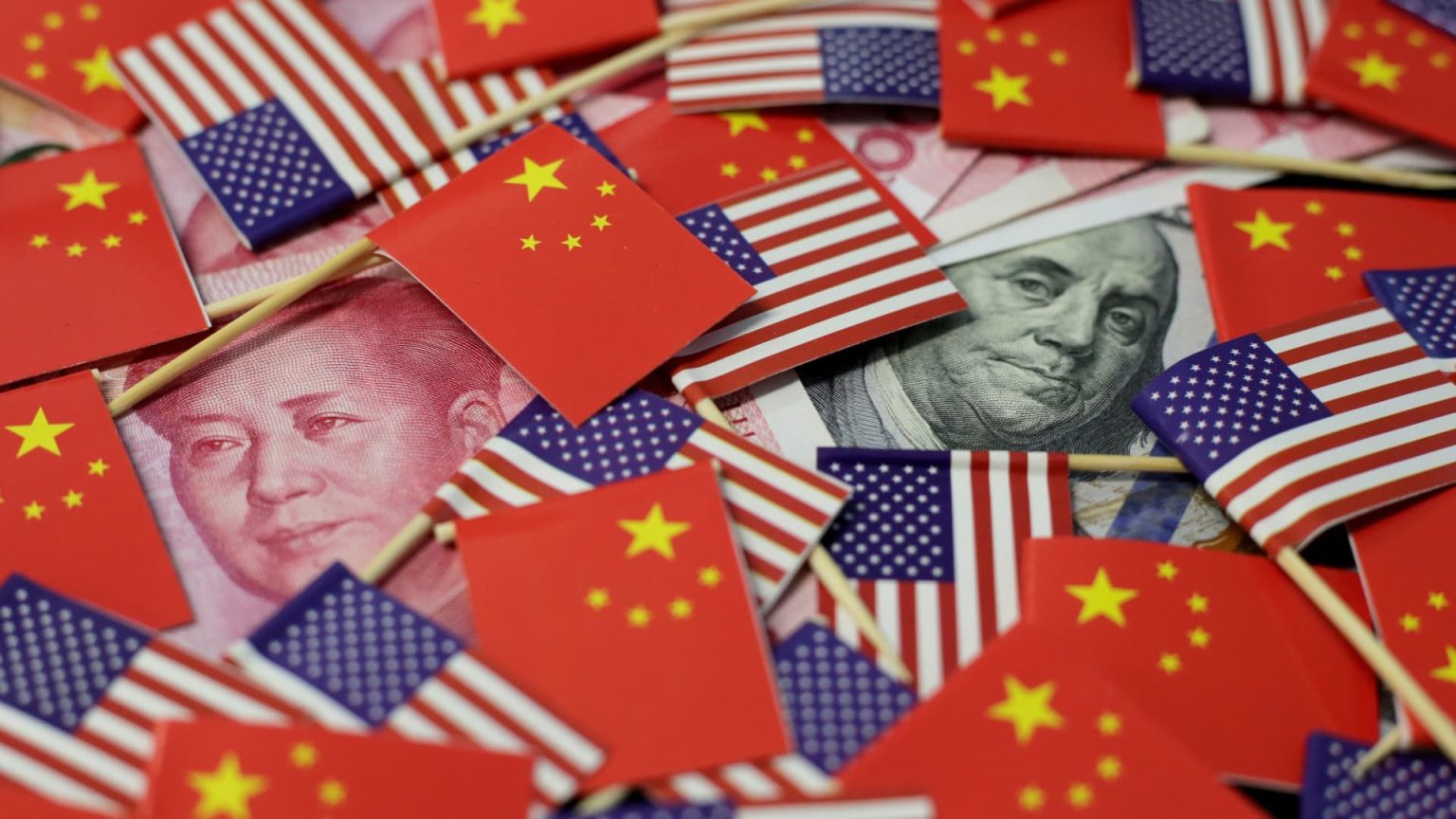BEIJING — China-focused venture capital and other private investment funds have had a slow start to the year and are set to drag down Asia-Pacific fundraising to the lowest in 10 years.
That’s according to a second-quarter update Thursday from Preqin, an alternative assets research firm. Alternative assets include venture capital, but not publicly traded stocks and bonds.
“Given the ongoing economic uncertainties and geopolitical tensions related to China, investors continue to maintain a cautious stance,” Angela Lai, vice president and head of APAC and valuations, research insights, at Preqin, said in a statement.
“We currently don’t see investors returning in large numbers to add allocations specifically to the China market.”
China’s economic rebound from the pandemic has slowed in recent months. Challenges for the venture capital world go back further.
The fallout around Didi’s U.S. initial public offering in the summer of 2021 and increased regulatory scrutiny from the U.S. and China paused what was once a thriving international investment trend.
The U.S. is also considering restrictions on investment in the most advanced Chinese technology.
China-focused venture capital funds raised $2.7 billion in the second quarter, a drop of more than 50% from the first quarter, Preqin said. That dragged down overall VC fundraising in Asia-Pacific to $4.5 billion in the second quarter, the lowest in at least five years, the report said.
“Any time you add an additional element of regulatory risk, or the government may shift gears and change course, you’re adding more risk to the equation than the average venture capitalist wants to take,” said Andrew J. Sherman, Washington, D.C.-based partner at Brown Rudnick.
Still, “no sophisticated U.S. investor thinks they can make all their money just investing in the U.S.,” he said, noting firms are still looking for opportunities in China and India to maximize returns.
Preqin’s analysts still see “China’s economy as holding the key to a full recovery” in Asia-Pacific given “its broad range of investment opportunities and deep capital markets, and significant influence as the top trading partner for many APAC countries.”
In China, new rules for private investment funds are set to take effect Sept. 1, with a stated goal of “guiding” venture capital investment for long-term investment in “innovative startups.” That’s according to a CNBC translation of the Chinese.
Falling valuations
In private equity, China-focused funds are having an “even more challenging time” this year, Lai said, adding that in 2022, they raised just under 12% of what was raised in 2021.
China-focused private equity firms’ assets under management also declined for the first time in at least five years, Preqin said, noting it was “a development worth monitoring.”
Lai said it’s a result of new capital coming in more slowly than the firms are liquidating existing investments — and if those investments’ valuations decline.
Reflecting a global trend in falling valuations, China-based fashion startup Shein raised $2 billion in the second quarter — but at a valuation of $66 billion versus $100 billion just over a year ago, Preqin said.
Going to Japan
Money is meanwhile flowing to Japan.
Asia regional funds have grown their share of APAC private equity fundraising in the second-quarter, with Japan-focused Advantage Partners raising the largest amount at just under $1 billion, Preqin said.
Japan had the highest private equity deal-making in Asia-Pacific for two straight quarters, while deals in greater China dropped by more than 55% in the second quarter from the first, the report said.
We expect an increasing focus on advanced technologies across APAC as the technology race between China and the US intensifies.
“This market is often perceived as lower risk, with relatively stable, albeit sometimes lower, returns. The depreciation of the Japanese yen against the US dollar has further added to its appeal to foreign investors, particularly real estate investors.”
Notably, U.S. billionaire Warren Buffett increased investments in Japan this year.
In other Asia-Pacific deal activity in the second quarter, Preqin noted Japanese and South Korean private-equity backed deals in semiconductors and the electric car supply chain.
“We expect an increasing focus on advanced technologies across APAC as the technology race between China and the US intensifies,” the report said. “This will catalyze more investments along these value chains, implying that opportunities for private investors could arise.”
Read the full article here















